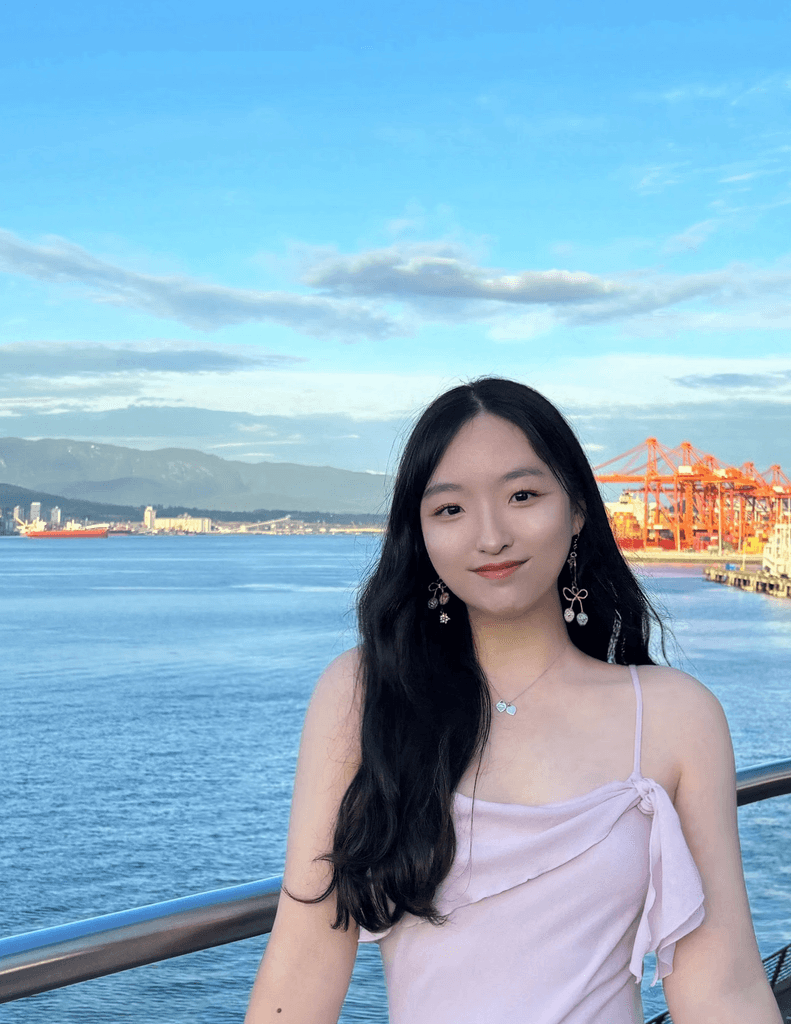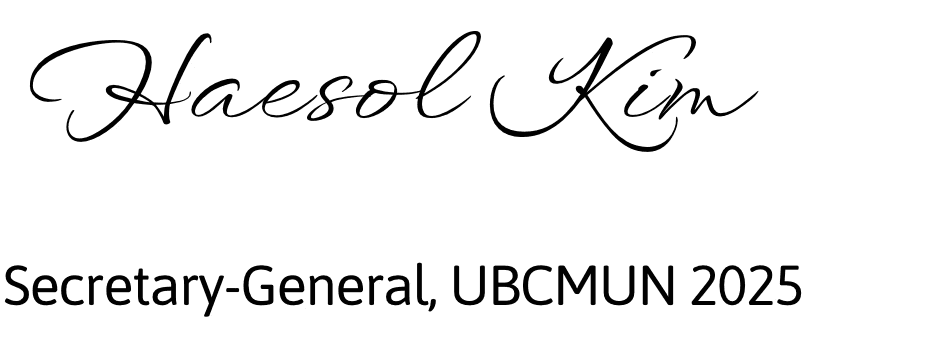IMPORTANT: This iteration of UBCMUN has been cancelled. Details to come soon.
Please check your email inboxes for updates.


February 6th-9th, 2025
UBCMUN 2025
IMPORTANT: This iteration of UBCMUN has been cancelled. Details to come soon. Please check your email inboxes for updates.
IMPORTANT: This iteration of UBCMUN has been cancelled. Details to come soon.
Please check your email inboxes for updates.
Letter from the Secretary General, Haesol Kim
Letter from the Secretary General, Haesol Kim
Dear Delegates, Staffers, and Faculty Advisors,
On behalf of the UBCMUN 2025 Secretariat team, it is my utmost honor to extend a warm welcome to each of you to UBCMUN 2025. I am beyond excited to revive this significant conference.
UBCMUN serves as a unique platform where individuals can expand their horizons and shape their perspectives on the complex world we inhabit. This year, we take immense pride in presenting the conference theme: "Revolutionary Ideas: Empowering Indigenous Peoples and Preserving their Culture". In this 31st iteration, we invite delegates to explore the revolutionary movements and ideas from Indigenous peoples that have profoundly influenced our modern world. Across our four committees, we will delve into the historical and ongoing impacts of colonialism over three centuries.


The General Assembly will examine the enduring impacts of colonialism and the quest for equitable partnerships, aimed for delegates to understand the complexities of neocolonialism and the importance of genuine, respectful international relations. Our UNESCO committee will focus on the vital issue of dying languages, highlighting the cultural richness at risk due to colonization and globalization, and motivating delegates to devise strategies and promote education of endangered languages. The Security Council will tackle the Apartheid's systemic racial segregation, exploring dismantling oppressive regimes and encouraging delegates to learn about effective international intervention and the significance of global solidarity in fighting racial discrimination. Finally, our Crisis Committee will examine historical conflicts between Indigenous peoples and colonial powers, allowing delegates to gain a deeper appreciation for Indigenous resilience and the long-lasting effects of colonization in Canada.
Through these carefully chosen committees, UBCMUN aims to provide a platform for delegates to engages deeply with issues of colonialism, cultural preservation, racial justice, and Indigenous rights. We believe that, by fostering a deeper understanding of these critical topics, participants will be better equipped to contribute to a more equitable and just global security. In addition to stimulating debates and discussions, we will also provide enjoyable social events to foster camaraderie and networking among participants.
I would like to extend my heartfelt gratitude to our incredible secretariat members, faculty advisors, and everyone who has contributed to making UBCMUN 2025 possible. Your dedication and hard work are truly appreciated.
I am eagerly looking forward to an inspiring and successful UBCMUN 2025
Warm Regards,
Dear Delegates, Staffers, and Faculty Advisors,
On behalf of the UBCMUN 2025 Secretariat team, it is my utmost honor to extend a warm welcome to each of you to UBCMUN 2025. I am beyond excited to revive this significant conference.
UBCMUN serves as a unique platform where individuals can expand their horizons and shape their perspectives on the complex world we inhabit. This year, we take immense pride in presenting the conference theme: "Revolutionary Ideas: Empowering Indigenous Peoples and Preserving their Culture". In this 31st iteration, we invite delegates to explore the revolutionary movements and ideas from Indigenous peoples that have profoundly influenced our modern world. Across our four committees, we will delve into the historical and ongoing impacts of colonialism over three centuries.

The General Assembly will examine the enduring impacts of colonialism and the quest for equitable partnerships, aimed for delegates to understand the complexities of neocolonialism and the importance of genuine, respectful international relations. Our UNESCO committee will focus on the vital issue of dying languages, highlighting the cultural richness at risk due to colonization and globalization, and motivating delegates to devise strategies and promote education of endangered languages. The Security Council will tackle the Apartheid's systemic racial segregation, exploring dismantling oppressive regimes and encouraging delegates to learn about effective international intervention and the significance of global solidarity in fighting racial discrimination. Finally, our Crisis Committee will examine historical conflicts between Indigenous peoples and colonial powers, allowing delegates to gain a deeper appreciation for Indigenous resilience and the long-lasting effects of colonization in Canada.
Through these carefully chosen committees, UBCMUN aims to provide a platform for delegates to engages deeply with issues of colonialism, cultural preservation, racial justice, and Indigenous rights. We believe that, by fostering a deeper understanding of these critical topics, participants will be better equipped to contribute to a more equitable and just global security. In addition to stimulating debates and discussions, we will also provide enjoyable social events to foster camaraderie and networking among participants.
I would like to extend my heartfelt gratitude to our incredible secretariat members, faculty advisors, and everyone who has contributed to making UBCMUN 2025 possible. Your dedication and hard work are truly appreciated.
I am eagerly looking forward to an inspiring and successful UBCMUN 2025
Warm Regards,



